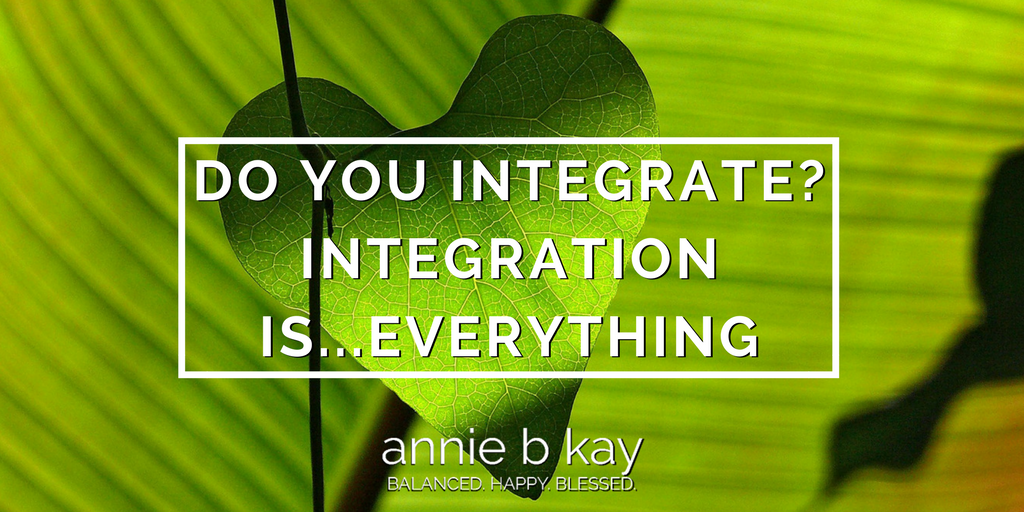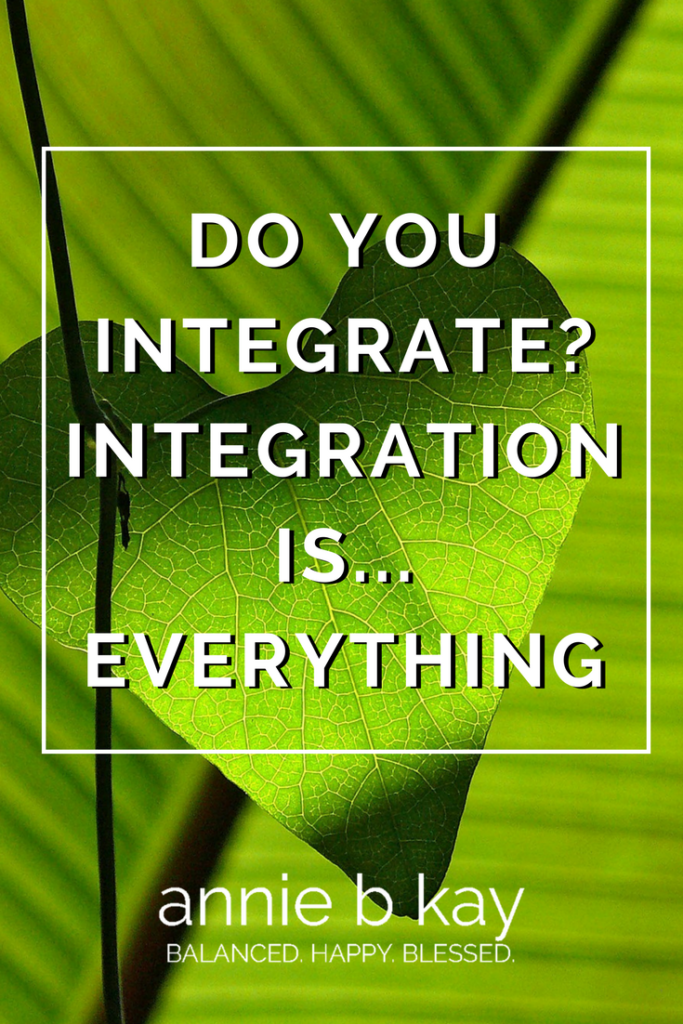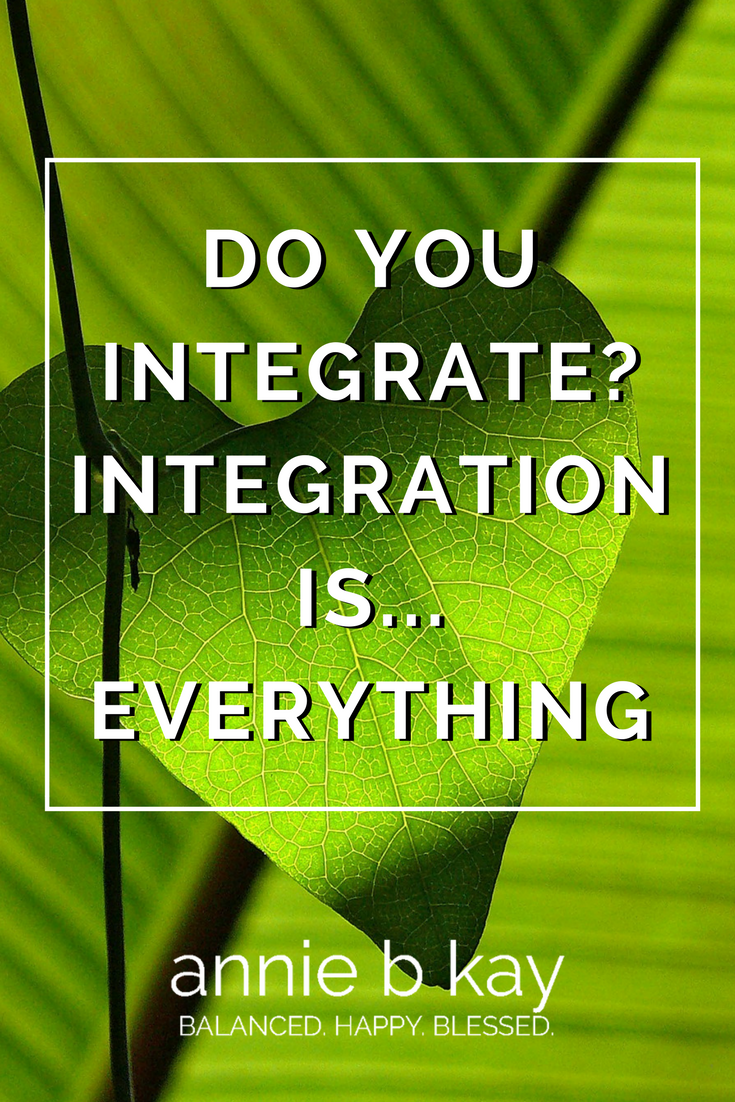
There is much talk of integrative health these days. We’re all happy when we have an integrative physician. So just what is integrative health? What is integration?
Integrative Health
The National Center for Complementary and Integrative Health (NCCIH) – part of the National Institutes of Health (NIH) – thinks a lot about this, and has helped with some definitions that feel like a good (conservative, to be sure) place to begin. They say integrative health care is bringing complementary (treatments not part of Western medicine) and conventional Western medicine together in a coordinated way. So, using both the Western allopathic medical system, but also things like yoga, nutrition (yep, still pretty much considered, for the most part, complementary), acupuncture, and meditation in a skillful and informed way. These complementary modalities are ones that might not have a deep collection of Western scientific studies that verify their clinical use, but each of these modalities has been shown to be helpful. If we consider practice-based observational evidence, many of these practices have thousands of years of evidence. I like that way of thinking about integrative health. The skillful use of a wide array of modalities to support an individual’s care.
That’s health – but what does integration mean in life? We live in such a spinning world, where we often don’t have time to reflect on nor absorb what happens to us or around us. Experiences come fast and furious. It is, without question, an excellent time to practice.
I honestly think that it’s impossible to avoid stress and that we need to think about how we manage stress differently today. The world is different than it was even twenty years ago. The planet is a lot less stable and it’s impacting everything. In order to be healthy today, we need to be adaptive. Adaptive to chaos. Relax while tumbling. Release into the flow.
Integration
Integration, in an experiential or spiritual context, happens after an experience, when you take time to be quiet, restful and take in what happened. Integration is the energetic digestion of an experience. It requires time, quiet, rest, reflection. Relaxation. Usually more than is convenient in your busy day. Thus the rub.
When we hop from event to event in our lives – and no judgment here, I do it myself when I lose hold of that pesky schedule and over-schedule myself – we just don’t integrate. The pieces of us don’t come together in a new way (which is often the point, particularly if we seek positive or expansive ecstatic experience).
Try Less
So, we practice. We smuggle five minutes of reflective practice into our morning routine. We turn off the news during dinner. We eat breakfast in silence. One the wisest pieces of advice I got from an Astanga yoga teacher (the incomparable Bhavani Maki in Kauai) was “Try Less.” When I feel overwhelmed, I think about what in my schedule I can let go of. What is not really serving me? What perhaps used to work but no longer does? It’s not an easy practice.
We resist the temptation to reprimand ourselves for not being perfect. We breathe and relax instead.
We fall in love – on purpose – with our contemplative practice. We fall in love with our breath and the amazing places it can take us if we only just settled down to feel it. We fall in love with our meditation or our deep relaxation practices for the expansive velvet depth of our interior landscape they open to us. Maybe for 5 minutes. Maybe for a day.
So, if you are one to have experiences – expansive experiences – then please take a day or two afterward – if possible, to give yourself the gift of integration. Of reflection and relaxation and allowing the pieces of you to come together in a new way. Of silence – be it listening to the birds, meditation or walking in nature.
Here’s wishing you integrative health within a wonderful collection of loving and talented health providers, and deep integration of the expansive experiences in your life.




